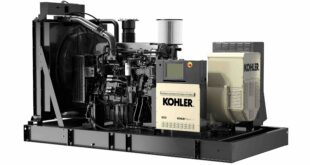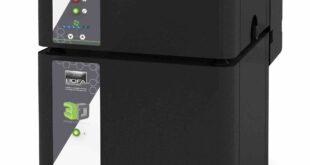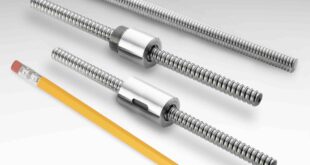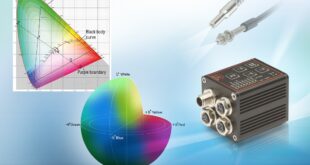The global population is set to reach nine billion by 2050. Combined with the threat of climate change and the scarcity of natural resources, the food and beverage industry must adapt to fulfil increasing demands for produce. Sean Robinson reports
Sustainability is imperative for food and beverage manufacturers.
However, improving the use of environmental resources often falls to the responsibility of the agriculture sector, rather than food manufacturers.
Food processing and production facilities represent a critical part of achieving sustainable food supply — and new technology could be the solution.
To achieve the sustainable development goals (SDG) outlined by the United Nations in its 2030 Agenda for Sustainable Development, plant managers must streamline their current systems and processes.
Advanced automation, in the shape of process control, robotics and manufacturing IT systems, will be key in achieving this efficiency.
One of the most effective ways to harness the power of automation is by deploying HMI/SCADA systems. AnchorTraditionally, these systems would simply collect and monitor factory operations, but modern versions can prove much more valuable.
Connecting all devices in a manufacturing facility, SCADA systems offer full plant visibility and provide operators with data to improve the efficiency of production.
For instance, a SCADA system in an industrial bakery setting could report to an operator if significant grain losses were occurring.
Having the ability to understand and act on this information in real-time offers benefits for operational efficiency.
Geographical mapping could show exactly where on the production line a problem was occurring, whether that be at the dough production, kneader integration, dough dividing, fermenting, resting, baking, freezing or packaging stage.
Identifying a production irregularity quickly allows the operator to make changes to reduce manufacturing waste so that less raw food inputs are thrown away unnecessarily.
Reducing energy requirements through increased operational efficiency would also conserve energy, water and reduce harmful greenhouse gas emissions.
Modern SCADA systems such as GE Digital’s iFIX, as distributed by Novotek UK and Ireland, should provide an intuitive user experience, using a clear graphical interface to deliver data.
For operators, this reduces errors and improves the response time to problems and alerts.
Automation will be pivotal in tackling the upcoming challenges food and beverage manufacturers will face.
Automation offers flexibility and a helping hand in overcoming these hurdles, while not overlooking the need to remain competitive in volatile markets.
GE Digital’s iFIX, distributed by Novotek UK and Ireland, is one of the most common and effective SCADA systems in the food and beverage sector, leveraging the latest technologies to improve operational efficiency in manufacturing.
Sean Robinson is service leader at food and beverage automation provider Novotek UK and Ireland.
 Engineer News Network The ultimate online news and information resource for today’s engineer
Engineer News Network The ultimate online news and information resource for today’s engineer





